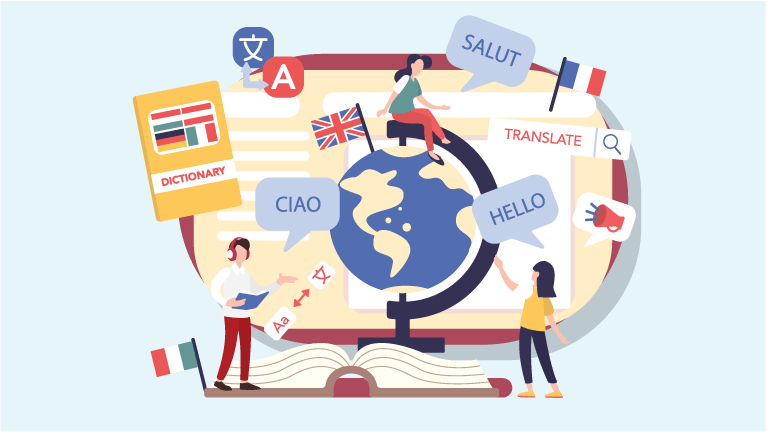The time has come to look more closely at interpretation as an “other duty as assigned.” Meaningful communication with students’ caregivers is needed to perform a Full Individual Evaluation, to construct an ARD Committee, to obtain consent or provide Prior Written Notice, and establish rapport. Understandably, schools often rely on the language skills of staff to communicate in the more than 120 languages represented in the Texas schools. However, we rarely offer staff much-needed interpreter training.
The Rights of Students and Caregivers
In January of 2015, the U.S. Departments of Justice and Education released a Dear Colleague letter from their Civil Rights Division and Office for Civil Rights, respectively. This letter reiterated the rights of students and families who are Emergent Bilinguals. The letter states that school districts have an obligation to ensure meaningful communication with caregivers including notifying them of any program, service, or activity that is announced to caregivers who communicate in English.
“Meaningful” Communication
For communication with families to be “meaningful,” school districts must provide translated and/or interpreted communication into a language that caregivers speak and/or read. For families that do not have literacy in their preferred language, then oral or audio communication is required. In these instances, schools must call on the services of a translator or interpreter.
Meaningful Communication Requires Competent Interpreters
In a supplemental document from the U.S. Departments of Justice and Education titled “Information for Limited English Proficient (LEP) Parents and Guardians and for Schools and School Districts that Communicate with Them,” they answer this question about interpreting and translating to families or guardians:
Q: May my child’s school ask my child, other students, or untrained school staff to translate or interpret for me?
A: No. Schools must provide translation or interpretation from appropriate and competent individuals and may not rely on or ask students, siblings, friends, or untrained school staff to translate or interpret for parents.
Schools must provide competent and trained interpreters to families or guardians. Calling on untrained school staff falls short of the U.S. Department of Justice and Education’s standard.
When Interpreters Aren’t Trained
Working with untrained interpreters can lead to poor outcomes for both the school and the family. Staff that informally serve as interpreters may be unaware of the sensitivity of students’ educational and medical information and, inadvertently or otherwise, expose the school to legal liability. They may not understand their role as strictly being the mouthpiece for others in the room and instead insert their own opinions and judgments on the family damaging trust and relationships. Also, untrained interpreters may not be aware of the proper translations of specific educational vocabulary resulting in confusion on both sides of the table.
When students’ education outcomes are on the line and meaningful family communication is the standard, schools cannot afford to work with untrained interpreters.
An Interpreters Role in Special Education
By now it’s clear, trained, competent interpreters are a vital part of the special education process. In order to conduct high-quality and complete evaluations and IEPs, educators must be able to reliably communicate with caregivers.
At our center, we offer interpreter training for special education staff. In these sessions, we focus on beginner-level training for staff members who have the linguistic skills to speak English, and at least one other language fluently. This is because it’s important for any interpreter or translator to know the basics of appropriate and professional interpretation.
Any staff member that is regularly being asked to interpret or translate during special education meetings, such as an IEP meeting, should understand the principles of interpretation. This ensures that every student has equal access to success and that caregivers are well-informed during the evaluation process.
Next Steps
Currently, there is no national licensure for educational interpreters and translators, though the American Association of Interpreters and Translators in Education hopes to change that very soon. In the meantime, schools should locate and offer training to staff who may perform interpretation services to students and caregivers so that communication is not only meaningful but ethical.
Lisa Rukovena is an education specialist covering speech-language pathology here at the Education Service Center Region 13.






Add comment